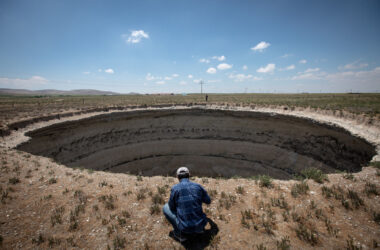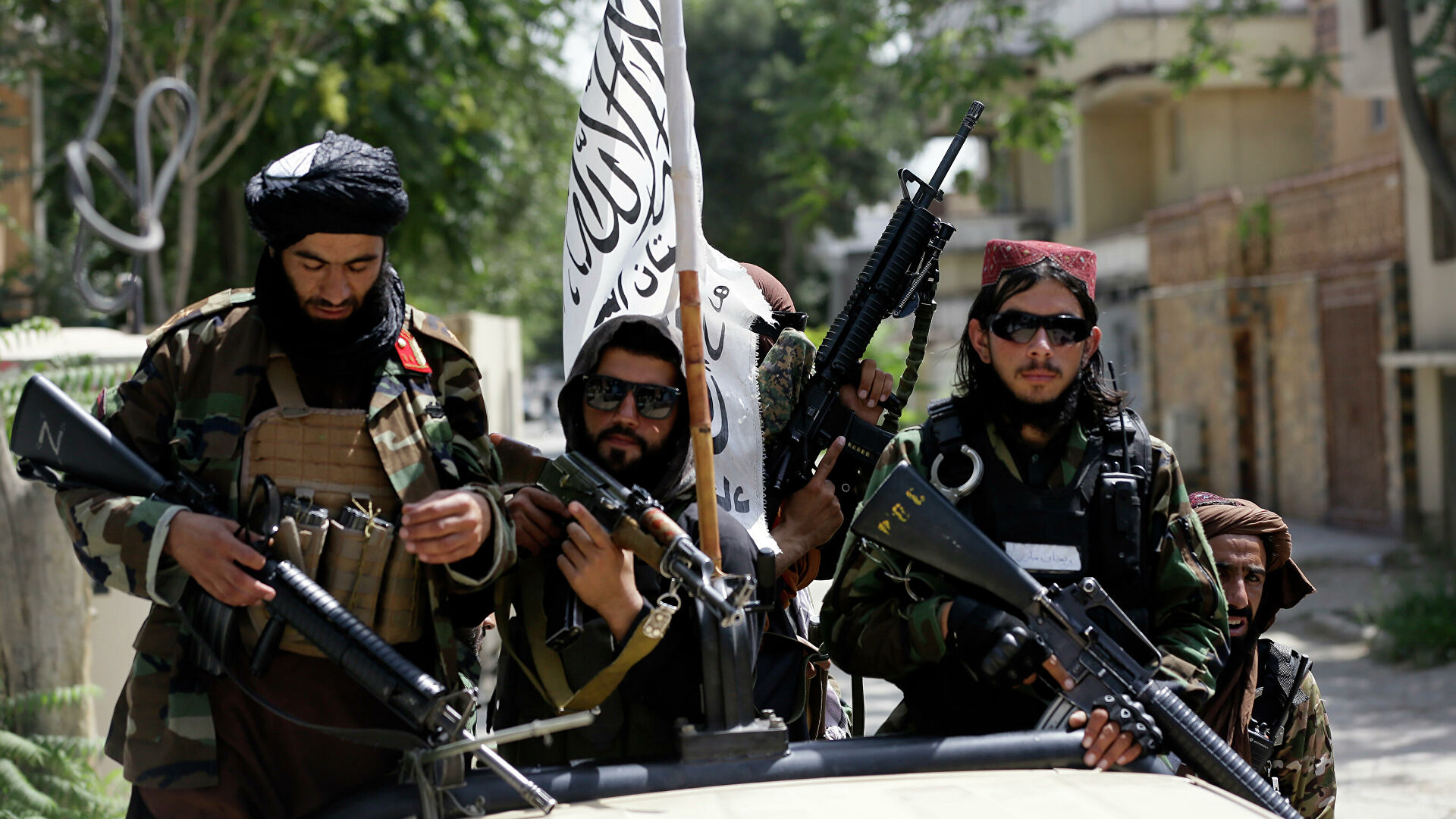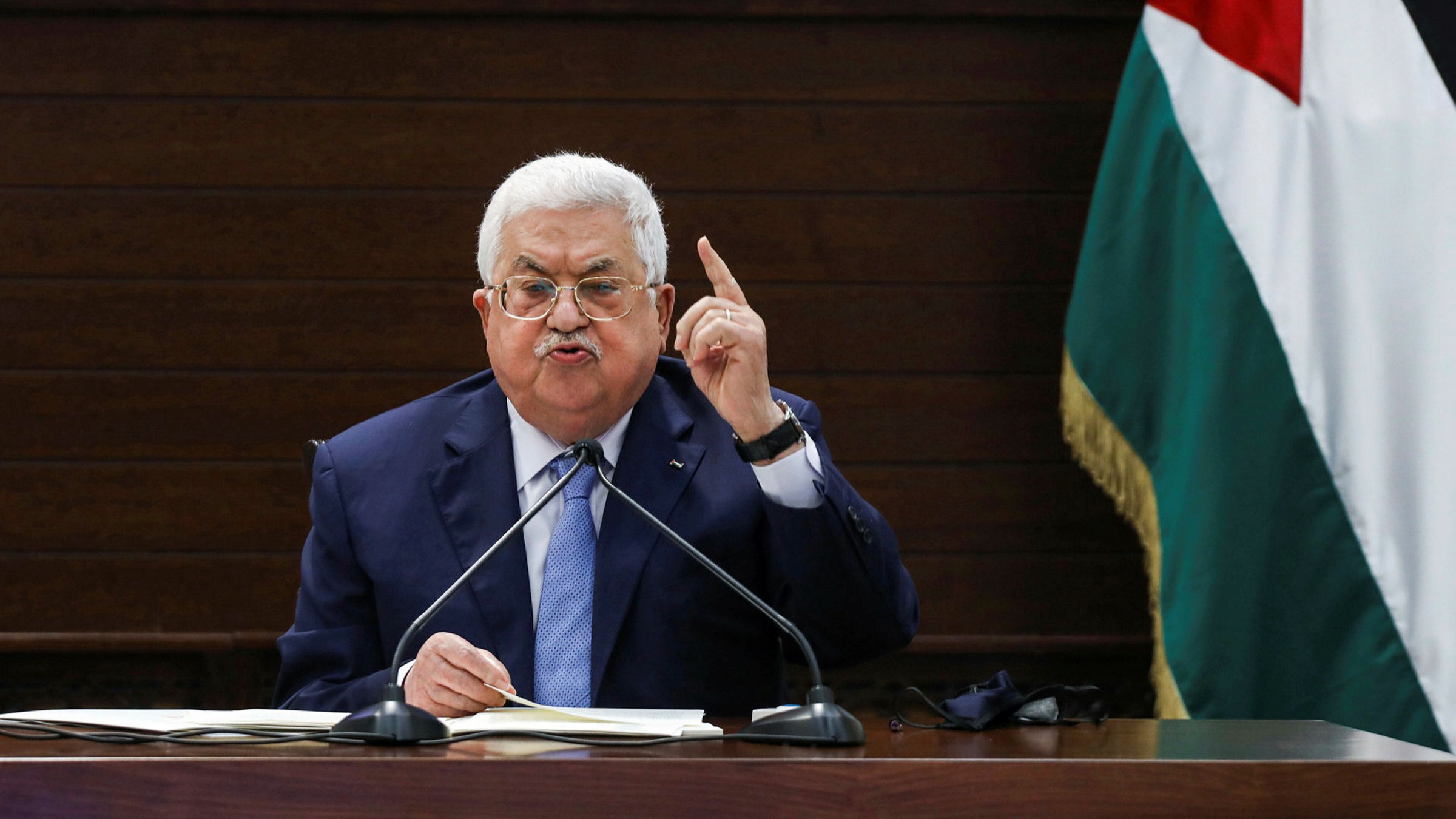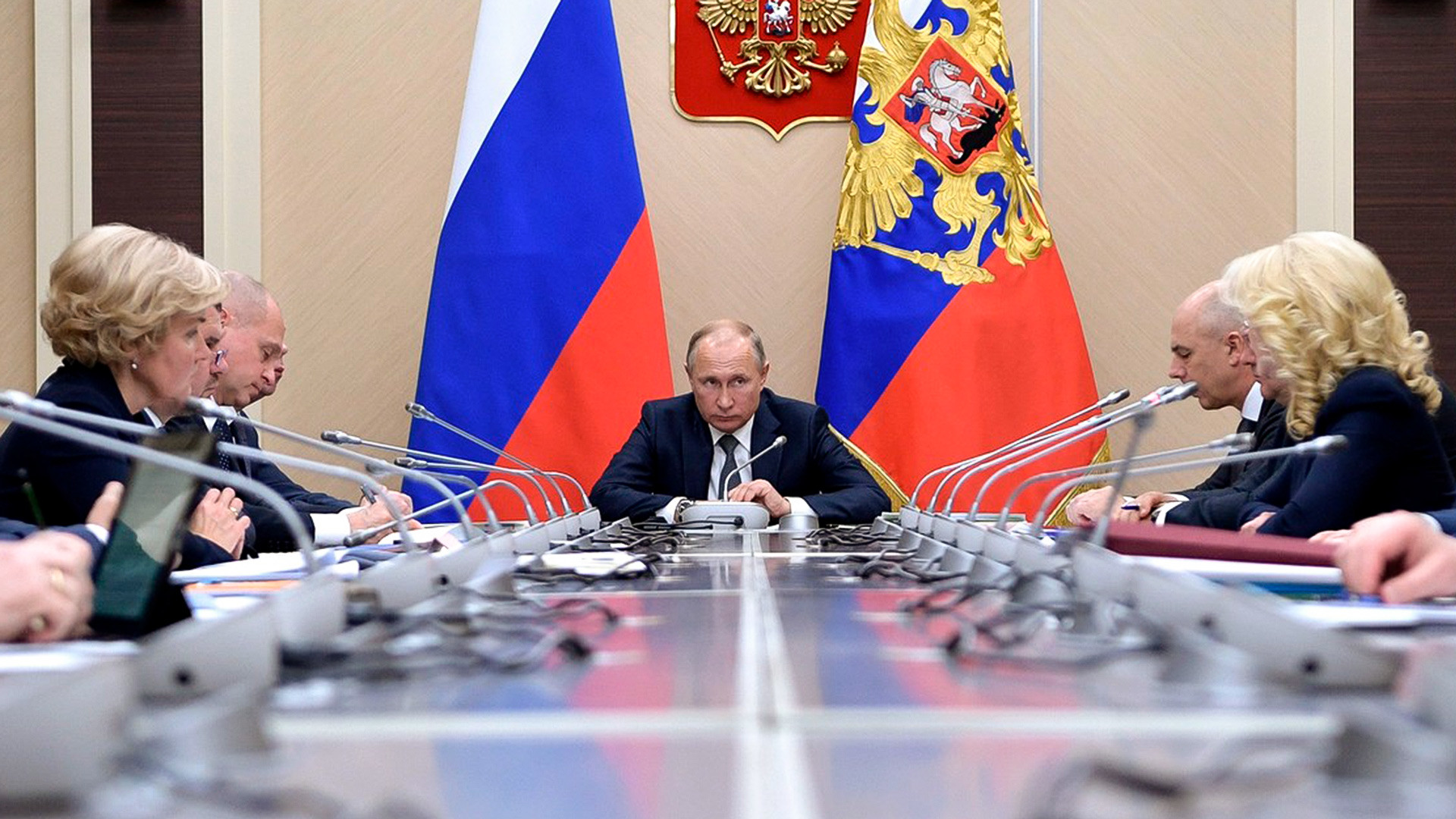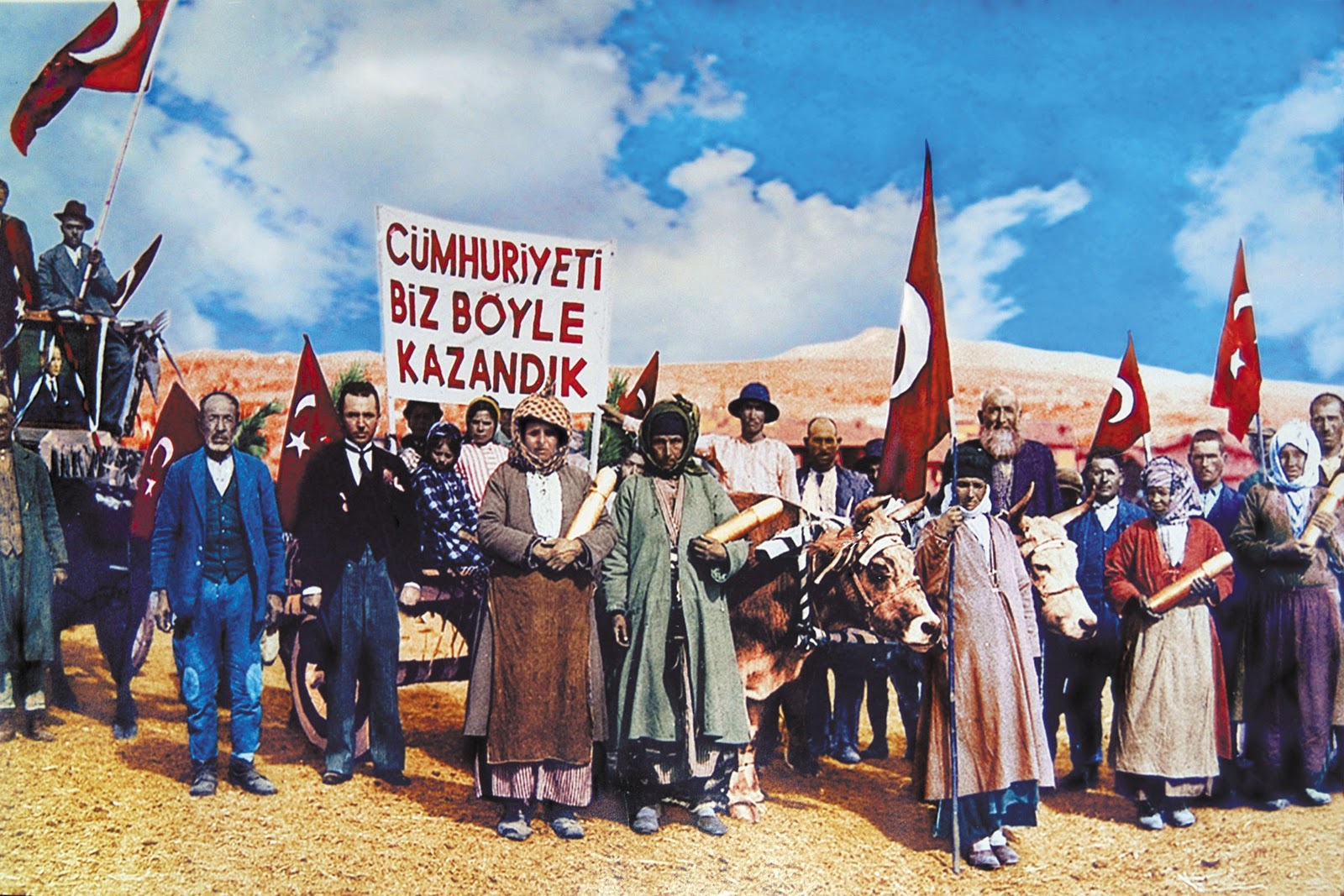The Struggle for Mapuche Independence in the Historical Process
There has been a decennial dispute between Chile and the Mapuche State especially since the 19th Century. The history of the Mapuche dates back to BC and is a fairly well-established community that fought in the name of independence. The Mapuches, who resisted the occupation during the years when the Spanish state had large colonies, achieved their independence in 1818. They lost their independence when the Chilean state invaded their territory in the 1880s. The Mapuche war of independence, which was concentrated in different Latin American countries, has continued to the present day, and has turned into a territorial struggle in Chile. In addition to Buenos Aires, Rion Negro and Santa Cruz, almost half the population of the Mapuchees lives in Chile. The Araucania Region of Chile is home to a large majority of the Mapuche people. In the 2017 Chilean census, it was revealed that almost 10 percent of the Chilean population consists of Mapuches, and this proportion is steadily increasing on restricted lands (Taşkıran, 2020). The Mapuche people, who have the largest majority of indigenous people in Chile with 84 percent, are in a minority position and have been fighting for their rights and lands for many years. Since the 1930s, the biggest problems have been soil scarcity, the population density and livelihood shortage caused by this situation. In addition, the Mapuche people have come to the brink of forgetting their own language, the Mapuzungun, because they have been culturally suppressed. (Minority Rights Group International, 2020)
The struggle for independence waged by the Mapuches against the Spanish, which lasted about 350 years, later turned into a struggle against Chile. Most of the areas owned by the Mapuche people on Chilean soil have been sold to private companies or farmers over the years. Salvador Allende (1970-1973), the president of Chile before the transition to the dictatorship, made a constitutional regulation that considered the rights of minorities and emphasized the culture of the Mapuche people, and contributed to the restoration of the Mapuche lands. (Minority Rights Group International, 2020) But then this situation completely reversed, and between 1976 and 1990, coinciding with the dictatorship of Augusto Pinochet, the lands of the Mapuche people were given to wealthy families. Pinochet not only did this, but also caused numerous Mapuche leaders to be killed and tortured during his time in power. Although the Chilean state, which switched to democracy in 1990 with the end of the Pinochet era, promised to give the Mapuche their land back, the Mapuche people still lack their land. This situation causes the indigenous people of Mapuche to cause unrest in Chile and non-indigenous citizens to be subjected to violence. Non-indigenous people living in the area where the Mapuche people live most often, call to them ‘criminals’. It is also worth noting that the Mapuche people’s only desire is not taking back their land. Other wishes of the natives are in favor of adding articles to the constitution of Chile that will also recognize their peoples and traditions. In addition, especially Mapuche women note that they cannot provide access to the necessary health services, they cannot give birth in the traditional way they want, and they are discriminated against. Unlike non-indigenous Chilean citizens, Mapuche people have very low living standards and live in very crowded environments. Over the years, due to both the scarcity of their land and the lack of public services, Mapuches face many other problems. (BBC, 2020)
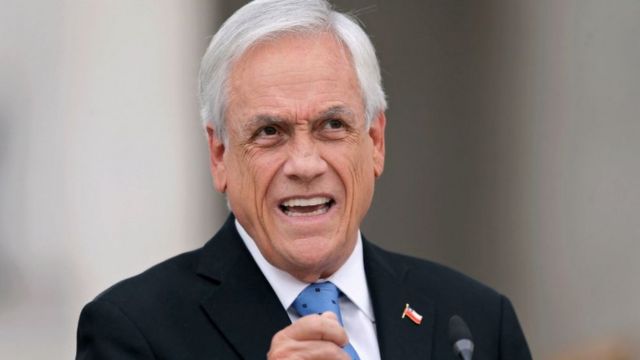

Declaration of a State of Emergency of the Sebastián Piñera Era
The bumpy relations with the Mapuche people that have been experienced in Chile for centuries, have also been reflected in the Piñera period due to the inability of the indigenous people to obtain the rights they want. The biggest reason for the conflict is that the Mapuche people are re-claiming the lands owned by their ancestors in Chile. The indigenous people, who also struggle for political pluralism in Chile’s political environment, are conducting demonstrations and protests at regular intervals. These protests occur almost every year, Mapuche activists are therefore subjected to state violence and repression. (Freedom House, 2020) For example, in November 2011, the Mapuche uprising took place, and locals opposed an airport that was being built on their land. The request of the indigenous people, who also legally opposed the airport project, was rejected by the Santiago Court of appeal in 2012. It is also a fact observed internationally that although the wishes of the Mapuche are requested by peaceful means, the ways in which the Chilean state responds are mostly prone to violence. (Minority Rights Group International, 2020)
In October 2021, a state of emergency was declared in the country by Piñera due to the clashes and attacks launched by the people of Mapuche in southern Chile. There are 72 communities of the Mapuche people in southern Chile. This decision of the President of Chile restricts the freedom of assembly of the Mapuche People and it is considered a violation of human rights. Piñera ‘s state of emergency order can be renewed again for 15 days with the approval of the Chilean Congress and lasts for 15 days. (AP News, 2021) In accordance with this decision of the president, troops were sent to the clashes that took place in the south of the country between the security forces and the indigenous population. In addition to these conflicts, Piñera stressed that the indigenous Mapuche people are involved in terrorism, drug trafficking, and other organized crimes, noting that the country’s police and civilians have been killed and injured. Unfortunately, the years-long land feud and the failure of the Mapuche to return their lands result in domestic attacks on private property. While non-indigenous Chilean citizens support Piñera ‘s decision, there is also a segment who believes that the state of emergency will worsen the situation. Sending military units to the area where the Mapuche people live will cause more violence between indigenous people and state forces. (France 24, 2021)
Current Situation
One person was killed, and 17 others were injured in clashes started by locals that spilled over into the capital Santiago. The people of Mapuche, especially since their struggle has been observed for the last 10 years, have become more courageous and able to do everything to take their land. The state of emergency was declared primarily due to events in the Biobio, Malleco, and Araucania regions over the course of 2 weeks. In particular, the Araucania Region is one of the poorest, most uneducated regions of the country with a high concentration of Mapuche in Chile. The conflict in the Araucania Region of Chile has intensified beyond suppression and it is believed that the Chilean state is not able to take control at this point. The southern region of the country is facing a serious security problem and it is believed that the violence and crisis will not stop unless the Mapuche’s requests are met. (Al Jazeera, 2021)
Prepared by Gökçen Hardal for The FEAS Journal.
REFERENCES
Al Jazeera. (2021, October 12). Chile declares state of emergency over Mapuche conflict. Indigenous Rights News | Al Jazeera. https://www.aljazeera.com/news/2021/10/12/chile-declares-state-of-emergency-over-mapuche-conflict
Chambers, B. J. (2020, November 26). Chile’s Mapuche indigenous group fights for rights. BBC News. https://www.bbc.com/news/world-latin-america-55042838
Freedom House. (2020). Chile. https://freedomhouse.org/country/chile/freedom-world/2020
Chile president decrees state of emergency in nation’s south. (2021, October 13). AP NEWS. https://apnews.com/article/chile-forestry-20b4b57afd7a18c6aa2dedc30d786457
Minority Rights Group. (2020, November 23). Mapuche. https://minorityrights.org/minorities/mapuche-2/
NEWS WIRES. (2021, October 13). Chilean president declares state of emergency over Mapuche conflict. France 24. https://www.france24.com/en/americas/20211013-chile-president-declares-state-of-emergency-over-mapuche-conflict
Taşkıran, S. (2020, February 20). Temel insan ihtiyaçları teorisi çerçevesinde Şili’de Mapuçe çatışması. Http://Hdl.Handle.Net/20.500.12575/69883. https://dspace.ankara.edu.tr/xmlui/handle/20.500.12575/69883


